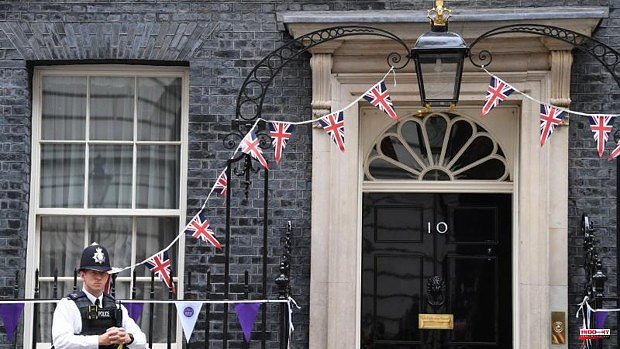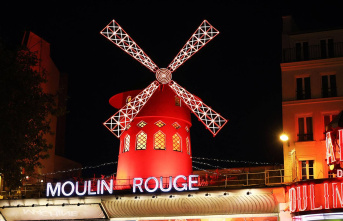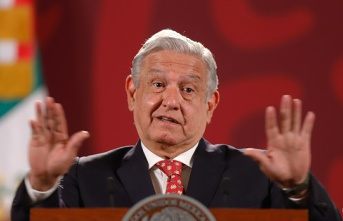In the almost three years that Boris Johnson has been in office as British Prime Minister, the scandals in which he has been involved have been many and of a diverse nature. However, one way or another, he has always managed to come out on top, even when everything indicated that even in his own ranks the rebellion was growing to the point of heralding his departure. Forced, yes, because he has never been willing to resign. The straw that broke the camel's back and that now puts him once again on the ropes were the illegal parties held in Downing Street while the population was confined to prevent the spread of Covid-19.
The 'partygate' scandal, for which he was even fined by the police, caused MP Roger Gale to be the first to announce in December that he had sent a letter of "no confidence" to Graham Brady, chairman of the 1922 Committee, in charge to launch a motion of internal censure in the event that at least 15% of the total number of Tory deputies, that is, 54, sent two letters.
At that time, almost nothing more and nothing less than six months ago, Gale assured that he said that he did not expect the Prime Minister to lead the Conservatives in the next general election, scheduled for 2024 but that they could be brought forward if finally this Monday by the night it is confirmed that the majority of conservatives do not support Johnson. For Gale, Johnson's was not the "type of leadership" that "the Conservative Party needed" and he warned that a competition for leadership was coming within the formation. Others followed suit, such as Peter Aldous, MP for Waveney, who in February announced on his Twitter account that he had submitted a letter. "After a deep examination of conscience, I have come to the conclusion that the prime minister must resign," he wrote.
More vehement was Aaron Bell, MP for Newcastle-under-Lyme, who earlier this year made an emotional statement in the House of Commons in which he told Johnson that he and his family were mourning his grandmother's death without even knowing it. embraced while the prime minister was partying. Also Steve Brine, MP for Winchester, said the motion seemed "inevitable", adding: "I have said throughout this unfortunate saga that I cannot and will not defend the indefensible. Rule makers cannot be lawbreakers."
Tobias Ellwood, MP for Bournemouth East, a heavyweight, was also one of the first to submit a letter of no confidence earlier in the year, and although he said he intended to withdraw it, he changed his mind after Johnson compared the fight of Ukraine against Russia with Brexit.
Precisely with the Russian invasion of Ukraine, the issue of 'partygate' seemed to fall into the background, which, however, was brought back to the table two weeks ago, when official Sue Gray released the conclusions of her internal investigation into the parties. The reaction of the public and of many in the ranks 'Tories' themselves was immediate. As a climax, came the thunderous booing suffered by Johnson and his wife, Carrie, last Wednesday upon their arrival at St. Paul's Cathedral in London, where a religious service of thanksgiving was held for the 70-year reign of Elizabeth II. . The street spoke and the parliamentarians listened.
Other names that have joined the opposition against Johnson are Stephen Hammond, MP for Wimbledon; Alicia Kearns, MP for Rutland and Melton, who believed that Johnson misled Parliament or Anne Marie Morris, MP for Newton Abbot, who considered that "the fact that social events have been held at number 10 in breach of the rules that they themselves imposed is frankly insulting to those who did what they were told.












